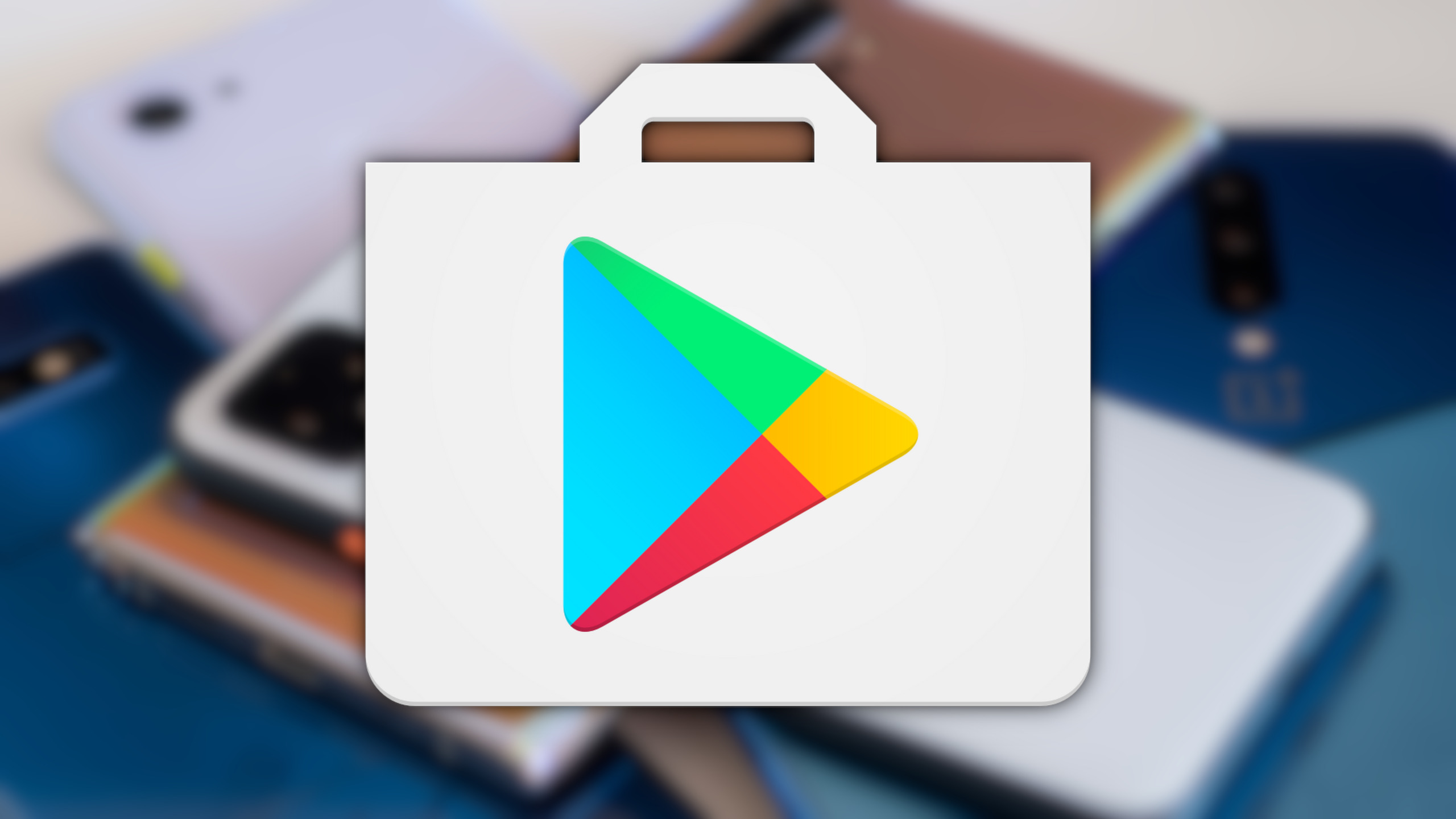
Applications always seem to be growing in size, overloading your phone’s resources and data plan. Google tried to combat this with App Bundles, a system that allows developers to create multiple versions of their apps for different device configurations – the Play Store then downloads the appropriate APK for the user’s phone. Now Google wants to take it a step further with “Application installation optimization”, which will study which part of an application is used when it is initially opened and uses that data to improve the application’s update and startup process.
Optimizing the installation of the app is not yet available on the Play Store, but 9to5Google has identified a support document for the feature that is already active. When you open an app for the first time, Google monitors which parts of the app you use and which you don’t. When you download Instagram for the first time, for example, you can spend the first ten minutes setting up your profile and meeting friends. If this is the case for a significant number of users, the Play Store will download that part of the app first, leaving the posting tools or story viewer uninstalled until you try to use them or your connection becomes stronger.
This data can also be used to improve resource management on your device. Instead of opening the entire application in RAM, the phone can load the parts you use most, reducing the processor load and the amount of RAM required.
This is done in accordance with Google’s existing privacy policy, so none of your personal information will be used and nothing will be analyzed outside the application in question. It also does not collect information about what is downloaded or loaded into the app, so posts that you view or create on social media will not be sent back for analysis.
When application installation optimization is available, Google will allow you to disable the process. To do this, open the Play Store settings page and disable the feature. This will only disable the analysis of your usage, so you will still benefit from the faster load times that result from processing other people’s data. 9to5 mentions that Play Store version 25.5.13 includes references to the feature, so we can see it available soon.

